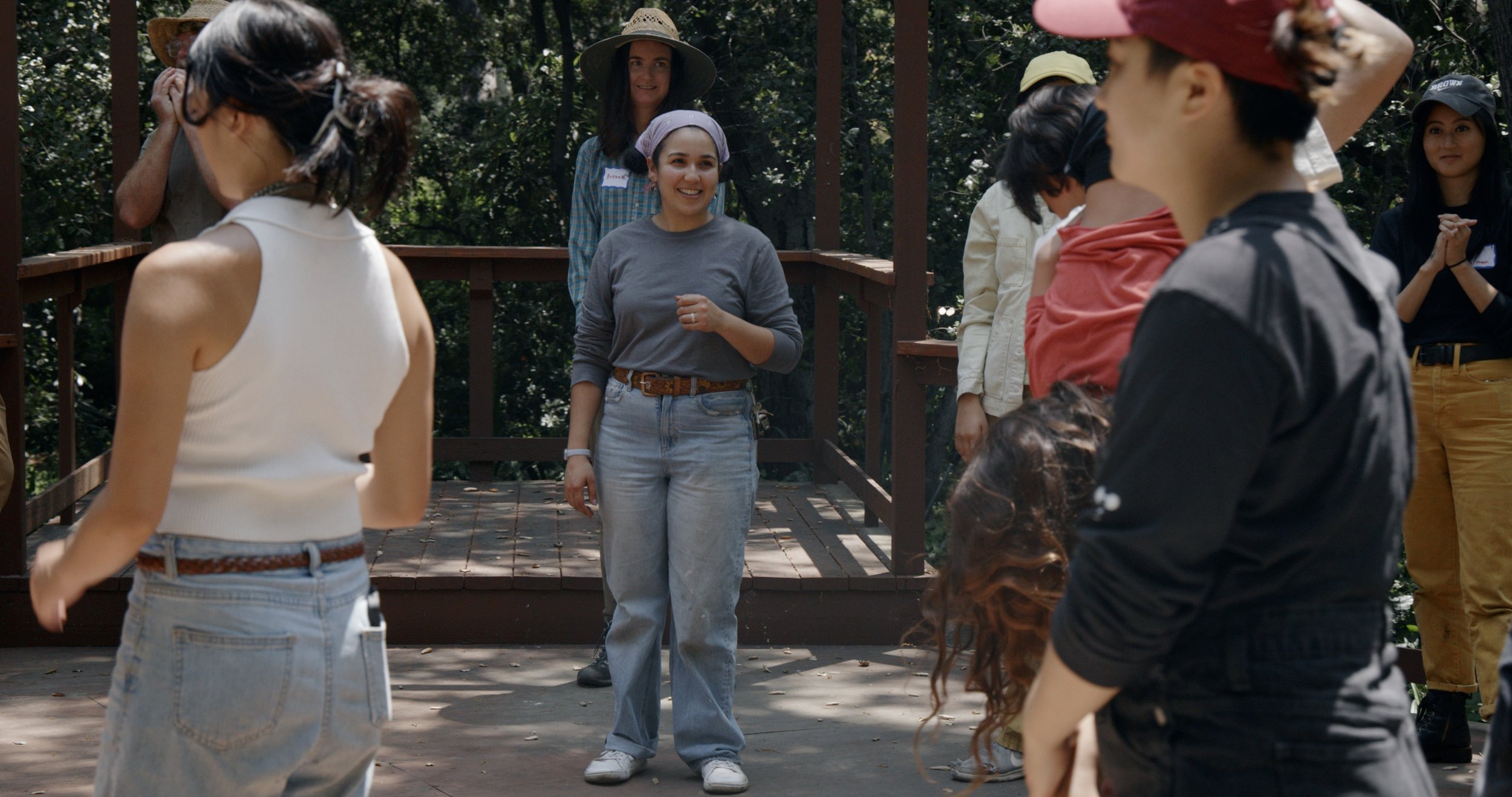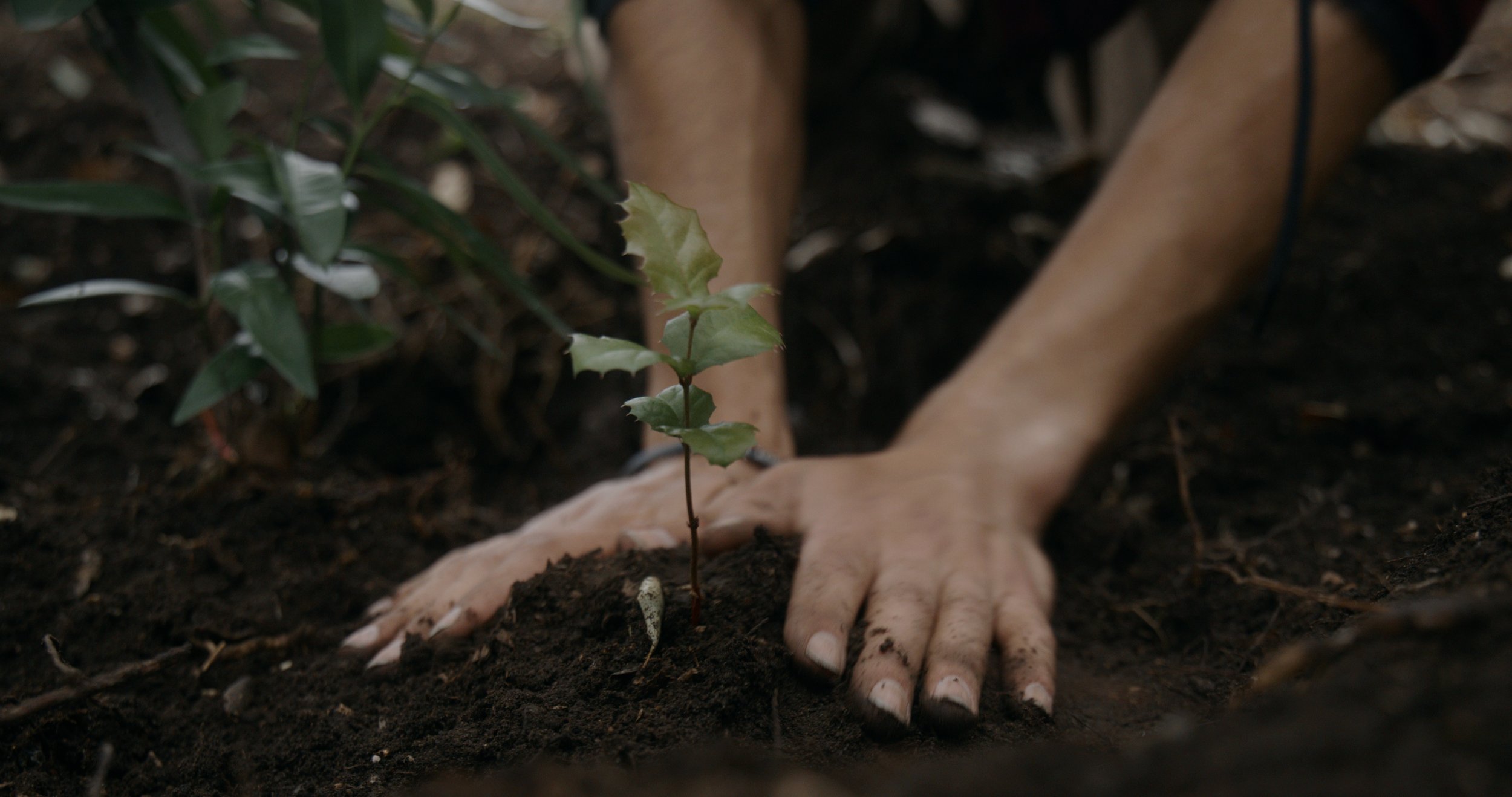
FAQs

Frequently Asked Questions
-
Traditionally, when people travel and move into a new territory, they first seek permission from both the land and traditional stewards. This “permission” invites relationship. A guest gives an offering in recognition and in reciprocity of this relationship. This exchange continues today with the Native Peoples of these lands we call Tovaangar. Since the beginning of time, the Tongva Peoples have inhabited these lands which you now call home. There has been a long break in our cultural lives due to centuries of decimation and nearly successful genocide. Our people have survived but now face invisibility and erasure. We are reviving our languages, cultures, and ceremonies in order to care for the land, air, water, and each other. This is a land of beauty, inspiration, and dreams.
Both staff and volunteers helped usher this project into its current iteration. Credit goes to:
Cheyenne Reynoso, Jay Lamars, Ian Schiffer, Oliver Nguyen, Melody Ng, Rachel Hendrickson, Spencer Neiman, Erin-Kate Escobar
-
Kuuy nahwá’a is a Tongva people’s concept meaning guest exchange. It’s a voluntary contribution to support Tongva-led Land Back efforts acknowledging both relationships and reciprocity to the lands and Native Peoples of Tovaangar, this place many of us now call home. Many want to help but don’t know how. Kuuy Nahwá’a opens the door to understanding and participating in course correction to historic wrongs here.
-
The Tongva Taraxat Paxaavxa Conservancy is a Tongva led organization with the purpose of stewarding the lands of Tovaangar — the traditional native lands of the greater Los Angeles basin. Funds raised will support the conservancy's mission towards rematriating the land to California native plants and Tongva people. We are and will continue to be run by Tongva people.
-
Making a Kuuy Nahwá’a and donating to TTPC are essentially the same. By engaging in the guest exchange process we are moving away from a colonial settler mindset of just giving and seeing it as an energetic and physical exchange between multiple entities.
-
We request that large donations ($1,000+) be made via wire transfer or check, as the online platform takes a percentage of donations. Contact info@tongva.land for wire transfer or stock donation instructions. See below for the mailing address for checks.
-
If you’d like to send a check, please mail to: Tongva Taraxat Paxaavxa Conservancy Address: PO Box 608 Claremont, CA 91711.
-
Yes - the TTPC is a registered 501(c)3 non-profit, EIN 87-1422866. All donations are tax deductible.
-
Generally, people with a higher income and more wealth consume more local (and global) resources and therefore should make a proportionally larger contribution. A progressive tax is a tax in which the tax rate increases as the taxable amount increases. In other words, the more land you live on or the greater the value of that land, the more you pay. Kuuy Nahwá’ais designed so that the annual amount a person pays is informed by both the person’s relationship to the land they live on (renting or owning) and their ability to pay.
-
People pay many different kinds of taxes to the government: sales, income, property, etc. The primary taxes levied on land are property taxes. These are paid to local governments and fund services such as roads, parks, schools and libraries. Since the Tongva are not a federally recognized tribe, they do not receive any of the political or economic opportunities that federally recognized tribes have access to. They are also not entitled to participate in the gaming industry or legally impose taxes on their tribal land. However, they can set up non-profit organizations and get the same tax benefits as other non-profits. Taxation is a controversial process with a complicated history. For the purposes of Tongva, we use the words Kuuy Nahwá’a (Guest Exchange) to describe a payment towards the investment in and development of a collective good. The TTPC is working on behalf of all of us to transform our relationship to the land we live on, to heal its brutal history of violence and restore its ecological health and vitality.
-
We welcome Kuuy Nahwá’a from all. We also invite you to learn about the local tribe(s) where you do live and support their efforts for self determination financially or otherwise.
-
Yes! Our calculator was inspired by and created in relationship with a number of other groups across the country, including Sogorea Te’ Land Trust’s Shuumi Land Tax on Lisjan Ohlone land in California’s Bay Area, Honor Native Land Tax on Tiwa land aka Albuquerque, NM, and more! We are connected with groups across the US.
-
Check out our instagram post with 5 ways to contribute in non-monetary ways:
-
No! This is just a first step towards acknowledging and supporting the Tongva Indigenous community. Some ideas about next steps include:
Let other people in Los Angeles know about the Kuuy Nahwá’a and encourage them to pay it.
Advocate for your workplace, your place of worship, your children’s schools, your local government to make Kuuy Nahwá’a.
Spread the word about the importance of protecting Indigenous sacred sites and supporting Indigenous communities.
Learn more here.
-
Head to our Contact page to learn more about how you can become involved in building community with us.
You can read more about the state of our communityThe Tongva people continue to recover from the genocides we have experienced as a community, and for that reason our resources for time and teaching are stretched incredibly thin. Before connecting with us, please read this page carefully, you’ll probably find a lot of answers here on our website!
California Native Americans are in a unique point in history, especially non-federally recognized tribes like the Tongva who have had to fight against systems in place that have kept us unrecognized, exploited, and erased.
Together we are all just barely recovering from a system created on top of disregarded native land, broken treaties, and exploitation of native people. As a society, we are just starting to learn what it means to live on stolen land in a healing and respectful way. When you connect with Native people start first by studying up, reflect on the heavy history that is a part of the land, and think of how your connection may or may not show respect and reciprocity to the original caretakers of the land.
Before you connect, please do some independent research, learn proper protocol and guidelines, and reflect on why you would want to connect.
